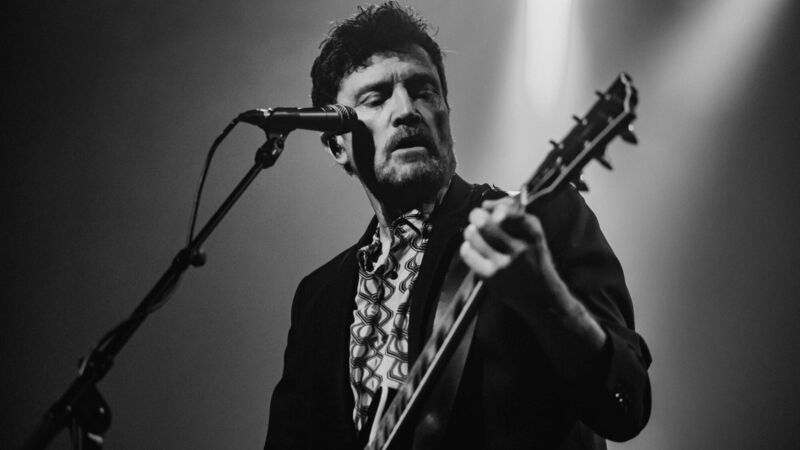Culture That Made Me: The Stunning's Steve Wall on Peggy Lee's Fever, Bob Dylan and more

Steve Wall: a Stunning selection of cultural influences
Born in London in 1963, Steve Wall grew up in Dublin and Ennistymon, Co Clare. In 1987, he co-founded The Stunning. In 1990, the band’s debut album, , topped the Irish charts. A few years after The Stunning broke up his brother, Joe, and himself formed The Walls in 1998. He has several notable acting credits, including , Ridley Scott’s and Netflix’s series. The Stunning headline Macroom Music Festival, Saturday, 22 June. See: www.macroommusicfest.ie.




